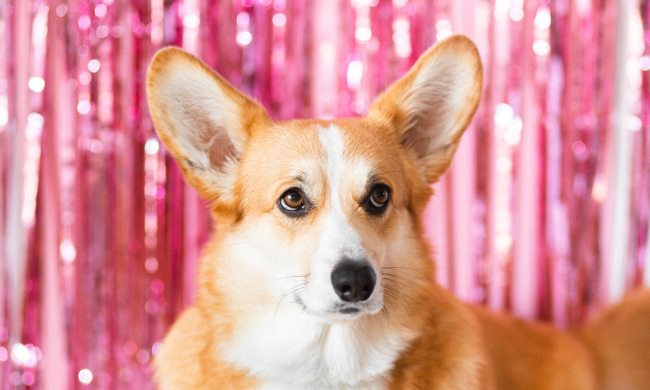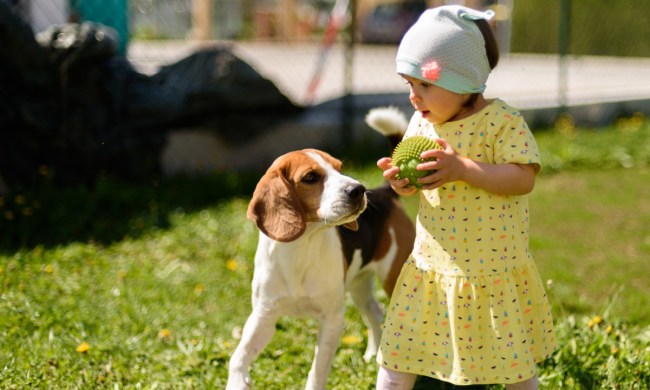Who doesn’t love cats? They’re intelligent, playful, elegant, and loving. In addition to enjoying constant companionship, cat parents can claim a variety of health benefits as perks of pet ownership. Did you know that simply watching funny cat videos is enough to improve your mood and increase your energy?
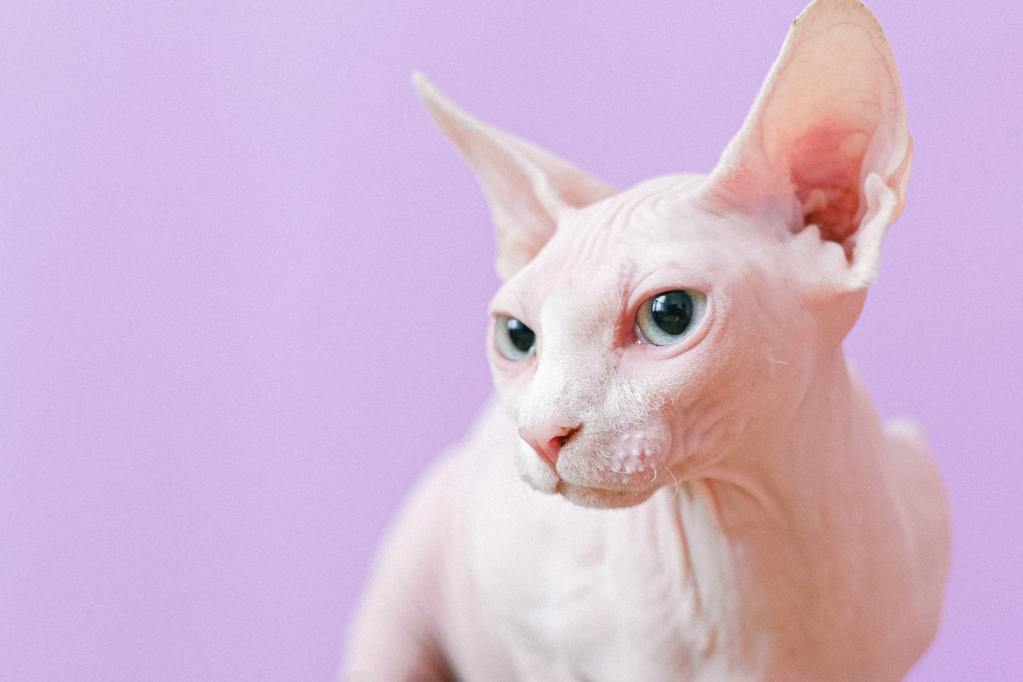
Not only do cats improve your mental health, but they can also have a profound impact on your physical health. While all pet parents have healthier hearts than folks without pets, studies have shown that cat owners have a 30% less chance of dying from heart attack or stroke than people who don’t own cats.
Unfortunately, at least 2% of the population is allergic to cats. Symptoms run the gamut from minor (red, itchy eyes, sniffling, and sneezing) to severe (wheezing, shortness of breath, and coughing). If you have allergic asthma, being around cats may set you off.
Why choose cat breeds that shed less?
Surprisingly, the main allergen in cats actually has nothing to do with their hair. It’s a protein called Fel d 1, and it’s found in your cat’s saliva and on their skin. Dried skin cells — aka dander — contain the allergen. That being said, hairless cats and cat breeds that don’t shed often offer a pronounced reduction in allergy symptoms because there’s less saliva-coated hair around the house.
These breeds are (mostly) nonshedding
And we guarantee that some of them will surprise you…
Birman
These stunners have long, silky hair that looks like it sheds constantly, but the Cat Fanciers’ Association (CFA) says otherwise. With their gentle, affectionate nature and bright blue eyes, these cats look as if they walked straight out of a fairytale. No one is entirely sure where Birmans come from, but we do know they first arrived in the United States in 1959, and they registered with CFA in 1967.
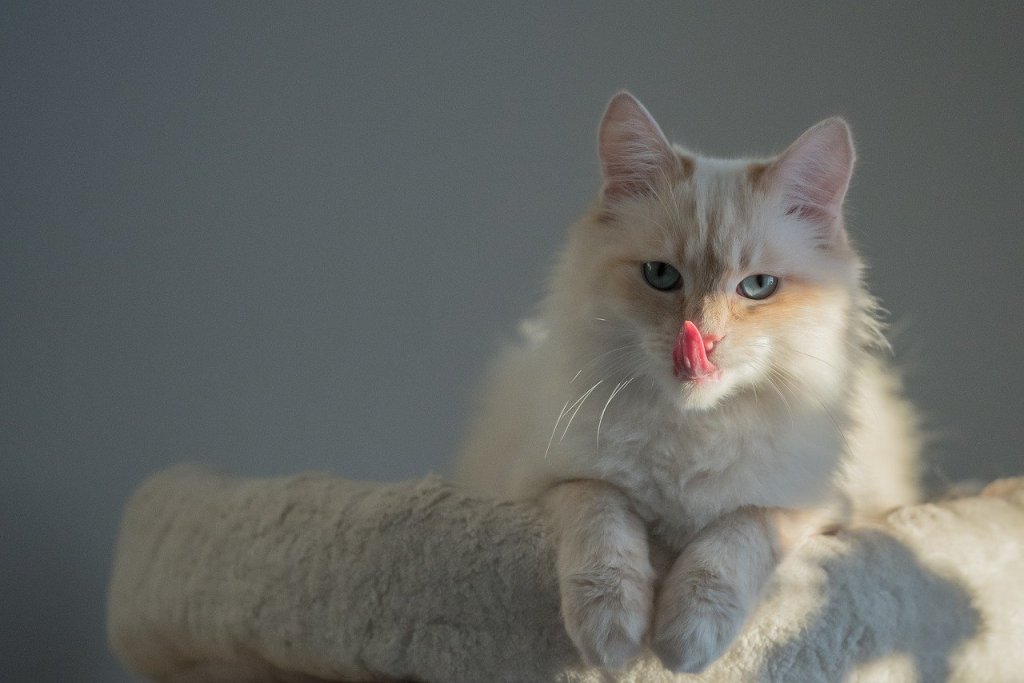
Burmese
Originally brought to the U.S. by San Francisco doctor Joseph Thompson, the first American Burmese cats were bred with Siamese cats, creating an exquisitely warm brown coat — what we now call a sable coat. Burmese cats are also noted for their large eyes and affectionate, playful natures. If you’re looking for a cat capable of charming people who swear they don’t like cats, this might be the breed you’ve been waiting for.
Cornish rex
A cat with curly hair? Yes, please. The adorable Cornish rex is distinguished by its short, curly coat. Because the coat lies flat against the body, the C-rex sheds much less than most breeds. The Cornish rex has humble beginnings, arriving on the scene in Cornwall, England, circa 1950 in a litter of barn cats. In addition to their curly coats, their massive, batlike ears and large, intelligent eyes make them a unique breed for those who don’t want an ordinary cat.
Devon rex
Similar to the Cornish rex, the Devon rex has a short, curly coat and large eyes, though their ears aren’t quite as large as a Cornish rex’s. These mischievous cats have a personality all their own. In addition to loving playtime, the Devon rex is fiercely loyal to their family, from adults to babies and even other pets. While some cats can be independent, even standoffish, a Devon rex is blissfully happy for you to hold them like a baby.
Exotic shorthair
Also known simply as exotics, these plump-faced cats are essentially Persians with short coats. Exotics resemble teddy bears, and thanks to their laid-back personalities, they won’t mind being cuddled. Exotics are quiet and affectionate, fond of demanding your attention with a gentle headbutt instead of loudly yowling at you until you deign to acknowledge their presence. Fun fact: If you want a super-affectionate exotic, ask for a male.
Lykoi
Famously known as “the werewolf cat,” the lykoi does, indeed, resemble a tiny werewolf. Partially hairless, they get their name from the Greek word for “wolf,” and their appearance comes from a randomly occurring mutation. A recent addition to the cat world, the breed first cropped up in a feral cat colony in 2010. They’re playful, affectionate cats who bond with all family members, including other pets.
Special note on lykois: Lykois “molt” twice a year, shedding almost all their hair, but they otherwise shed very little. Because of their hairless patches, lykois are prone to sunburn and should be kept strictly indoors.
Oriental shorthair
Best for people who want clingy cats, these sleek, elegant beauties want to be with their chosen human all day, every day. From curling up on your lap to supervising while you cook dinner, these cats are almost doglike in their desire for attention. Incredibly curious and intelligent, Oriental shorthairs can learn to open cabinets, drawers, purses, and more. Their long, angular faces and huge ears give them a chiseled, regal appearance.
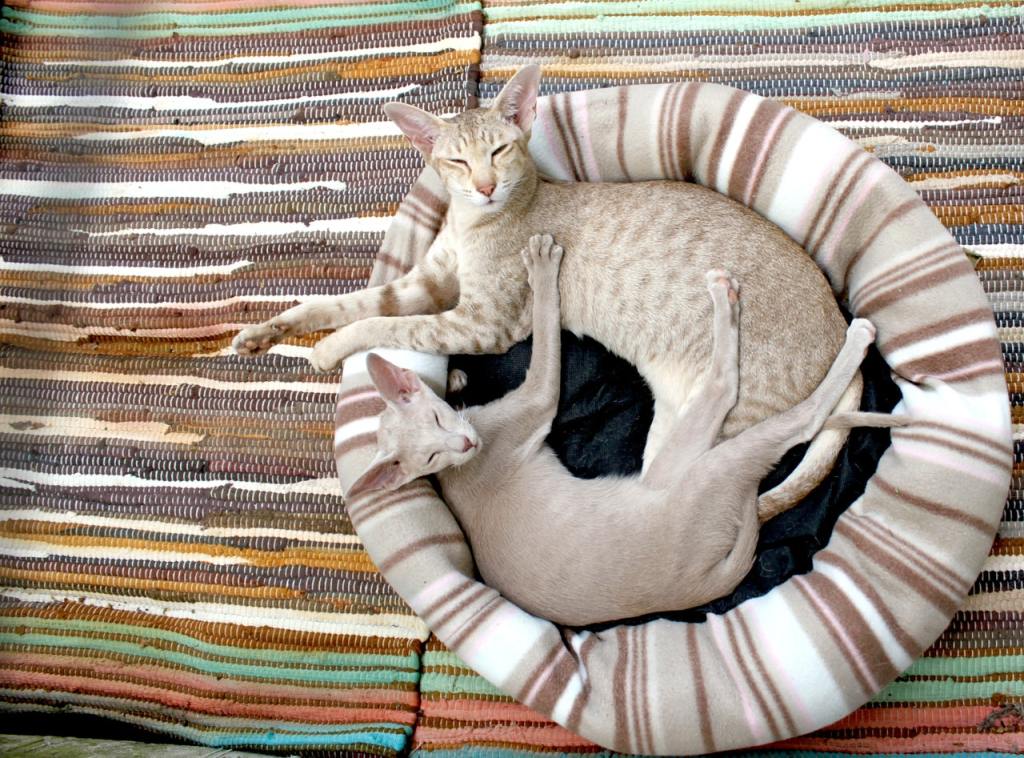
Sphynx
We can’t discuss non-shedding cats without mentioning the most famous of them all — the sphynx. Discovered in Toronto in 1966, these cats are naturally fur-free. Well, mostly. You may find soft peach fuzz on this adorably wrinkled breed. Sphynxes form tight bonds with their family members, whether human, canine, or feline. With their massive ears and large, curious eyes, these mischievous kitties are ideal for any home.
In addition to reducing the potential for allergic reactions, non-shedding cats don’t leave behind a furry layer on your couch, your bedding, or your favorite pants. No more cat hair in your eyes, in your food, in … well, you know how it is. If you love cats but hate carrying a lint roller everywhere you go, you may want to consider one of these breeds.


